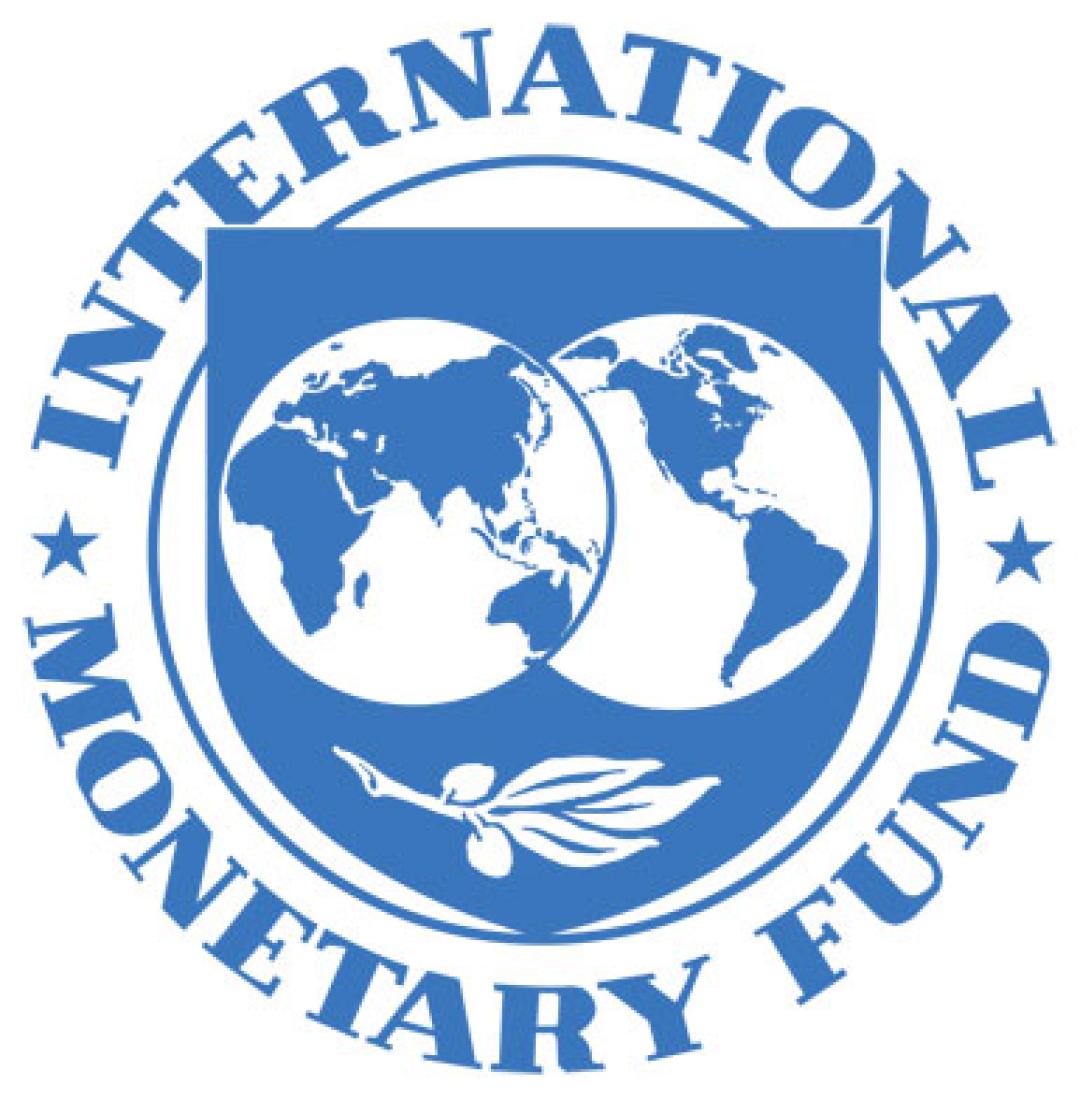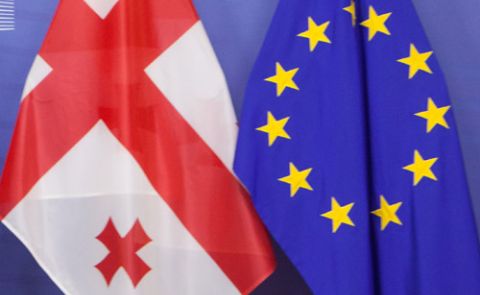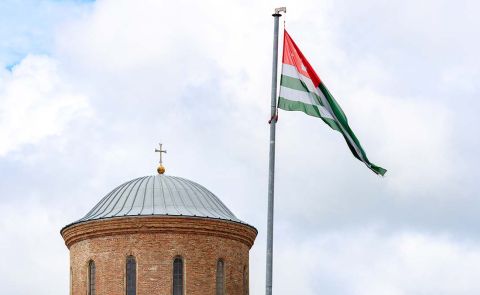
Amidst Geopolitical Strains, Georgia Maintains Economic Growth, Says IMF

On March 18, the International Monetary Fund (IMF) unveiled its findings following an official visit to Georgia.
The IMF underscored Georgia's continued robust economic performance despite the economic ramifications following Russia's invasion of Ukraine, with financial inflows surpassing pre-war levels. GDP registered a growth of 7.5% in 2023 and is expected to moderate to 5.7% in 2024, driven by increased consumption supported by robust real wage growth and employment.
Inflation, which stood at 0.4% in 2023, is projected to rise to 4% by year-end due to the dissipation of favorable external factors from the previous year and the relaxation of restrictive monetary policies. The current account deficit, primarily attributed to reduced remittances from Russia, is anticipated to widen to 6% of GDP by the end of 2024, compared to 4.5% in 2023.
The 2024 budget targets a deficit of 2.5%, backed by higher corporate income tax (CIT) revenues and new gambling levies. This will fund increased expenditures on wages, social benefits, and capital investment while maintaining public debt below 40% of GDP.
However, downside risks loom, including uncertainty regarding war-induced migration and financial flows, potential setbacks in migration and tourism, and geopolitical instability. Upholding momentum in the reform agenda is crucial. At the same time, upside potential exists in increased transit trade and investments and newfound trade opportunities due to evolving geo-economic dynamics and EU candidate status.
The IMF recommended modest fiscal adjustments supported by revenue enhancement and streamlined tax policies to ensure strong, inclusive growth and resilience against external uncertainties. It emphasizes the importance of reforming state-owned enterprises (SOEs) and advancing renewable energy initiatives to bolster productivity, mitigate fiscal risks, and align with EU principles.
Furthermore, the IMF stressed the need for continued exchange rate flexibility and reserve accumulation to counter external shocks, strengthening the National Bank of Georgia (NBG) governance and independence to uphold monetary policy credibility. Measures to reduce the state's economic footprint and advance market liberalization are also encouraged.
In the financial sector, sustained vigilance is advised against risks arising from capital inflows, virtual assets, and sanctions, while structural reforms targeting education, productivity, infrastructure, and governance are deemed essential for fostering robust growth. Upholding governance standards, bolstering the judicial system, and fortifying anti-corruption measures are highlighted as imperative to enhance competitiveness and reinforce governance integrity in Georgia.
On March 19, Andrew Jewell, the International Monetary Fund’s (IMF) Resident Representative for Georgia, expressed concerns that the delayed Stand-by Arrangement (SBA) might be canceled due to the renegotiation time. Jewell highlighted the possibility of the arrangement continuing if the government demonstrated a commitment to fulfilling past agreements, particularly in implementing IMF-recommended reforms concerning the law on state-owned enterprises (SOEs).
Jewell outlined the three-year IMF-supported program set to expire in June 2025. Given that 2024 is an election year in Georgia, Jewell suggested that the country might face challenges in implementing financial reforms. Therefore, instead of renegotiating the delayed SBA, it might be more practical for Georgia to postpone negotiations until after the elections and initiate talks for a new program in 2025.
Jewell proposed two scenarios: if the government intends to revive the program, the IMF is prepared to outline the necessary measures for implementation. Conversely, if the government believes that the current timing is not conducive and is unwilling to fulfill past commitments, then commencing negotiations for a new program next year would be more effective.
Regarding the draft law on SOEs, Jewell noted discrepancies with the reform strategy developed by the IMF and the World Bank in 2022, which the Georgian government endorsed. He pointed out the government's reluctance to uphold the commitments made in the strategy document signed two years ago, indicating ongoing negotiations to address issues in the SOE legislation through alternative means.
Jewell emphasized the importance of enhancing sector efficiency, granting the Ministry of Finance necessary financial oversight powers over SOEs, and redistributing ownership of these enterprises between the Ministries of Economy and Finance. However, disagreement persists, particularly with the Ministry of Economy regarding ownership division, complicating efforts to streamline the SOE sector.
See Also


BP Strengthens Presence in Azerbaijan’s Offshore Energy Sector

Netanyahu’s Letter to Aliyev: Mutual Trust, Solidarity Following Hamas Attacks, Facilitating Dialogue Between Israel and Türkiye

Azerbaijan Expands JF-17 Thunder Fighter Jet Order from 16 to 40 Units

EU Commissioner and NATO PA Warn Georgia Over Democratic Decline Amid Accession Challenges

